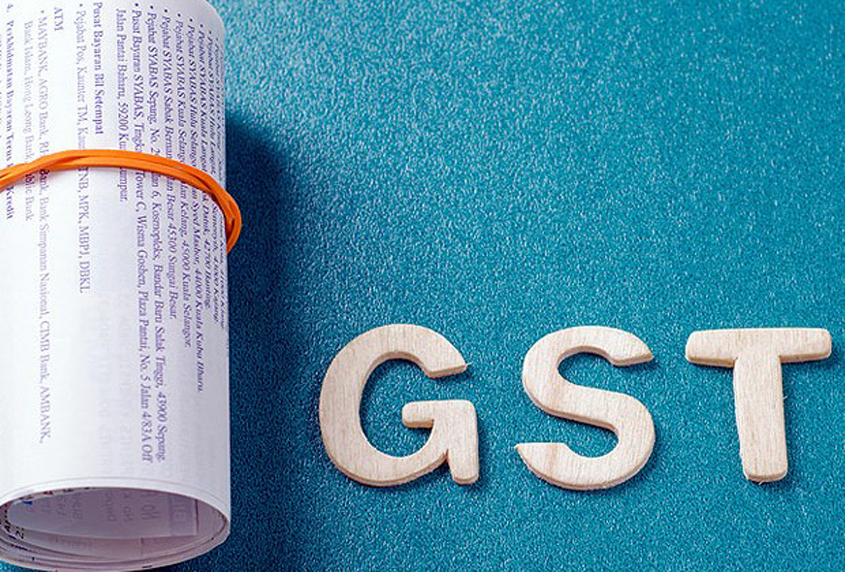Despite the speedy work being done by the government to bring in the GST as early as possible, there are several doubts around GST keeping its latest (implementation) deadline of July 2017, after missing several in the past eight years. However, there are many who feel sure about the GST coming into force latest by September this year which they argue is the constitutionally-set outer limit beyond which its implementation cannot be further delayed. If it breaches that limit, the government would have to visit the Parliament again which usually is a time-consuming process. “But the probability of that happening looks remote to me,” says Pratik Jain, PwC’s expert on indirect taxation. Delay, of course, has happened because reform of GST’s nature required both the Centre and the state governments to reach a common ground on many contentious issues relating to compensation to states and gaining administrative control over assesses. With much of these issues now sorted out between the two governments, hopes of the GST coming into force by September looks quite strong.
Analysts feel that stakeholders are not too perturbed by the delay part as they are about the diluting of the whole concept of GST by having multiple rates (instead of one), taking many crucial things out of GST’s ambit and by having the restrictive input credits etc. But despite that “this would still be the better system than we have today”, feels Pratik Jain. The GST, which aims to unify the plethora of indirect taxes into one nationwide tax, is expected to bring in incremental benefits to the economy by adding about 2 percentage points to India’s GDP every year.
One of the most contentious issues of having administrative control over assesses has been agreed to under the 90:10 formula under which 90% of the enterprises (having an annual turnover below Rs 1.5 crore) would be assessed by the states and the rest by the Centre. Industrial units above this threshold would be assessed both by the Central and state governments in equal proportion. There was indeed resistance by the Central bureaucracy to the 90:10 formula, but that has now been sorted out.
The Narendra Modi government wants to implement this crucial legislation as early as possible because it has been selling the GST idea both in the national and international markets. If the government fails to implement it by September, it would affect the government’s credibility to usher in significant reforms. “It could be a major embarrassment for the government, especially in the eyes of the business community,” says the Delhi-based consultant on indirect taxes.

